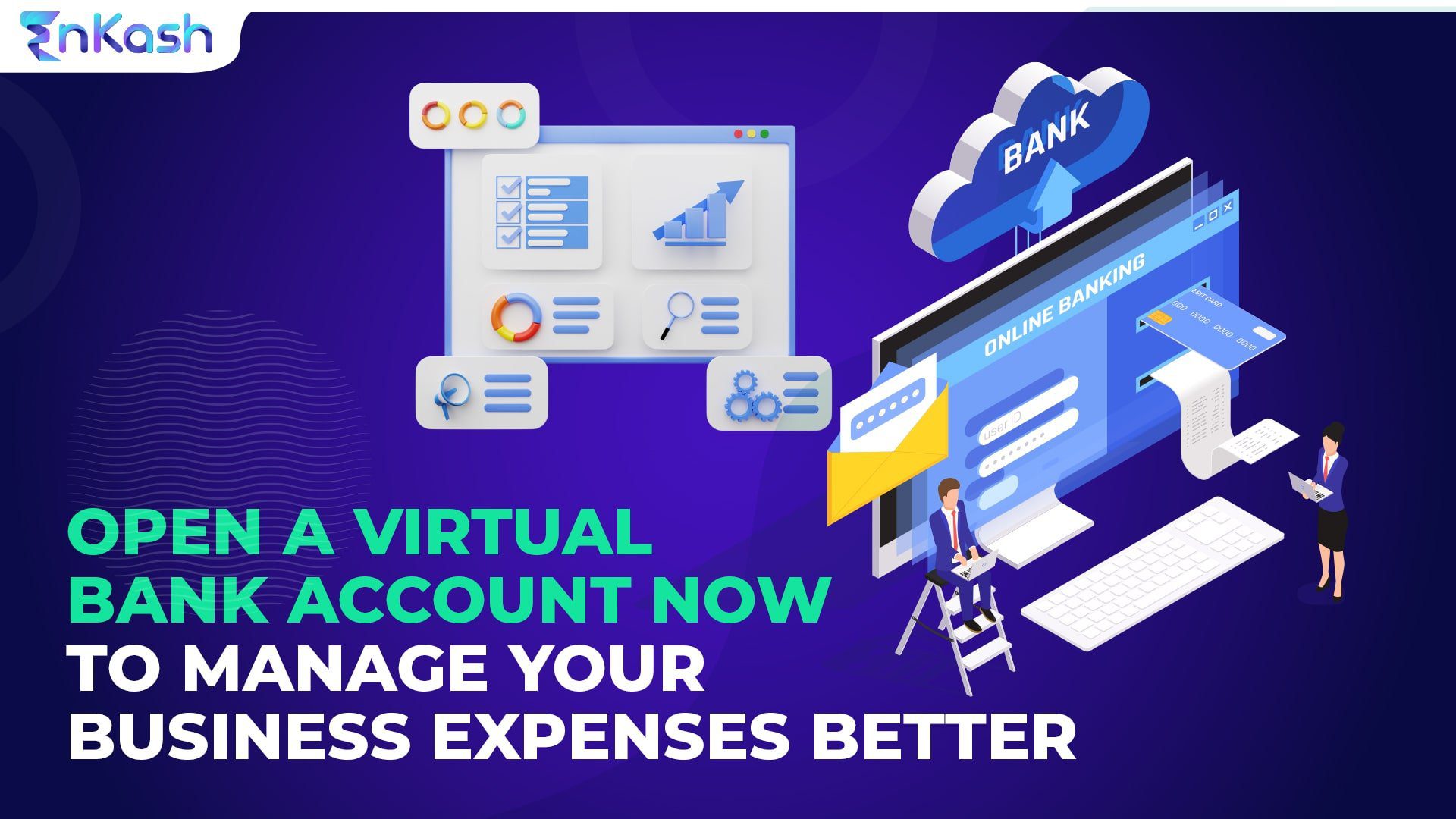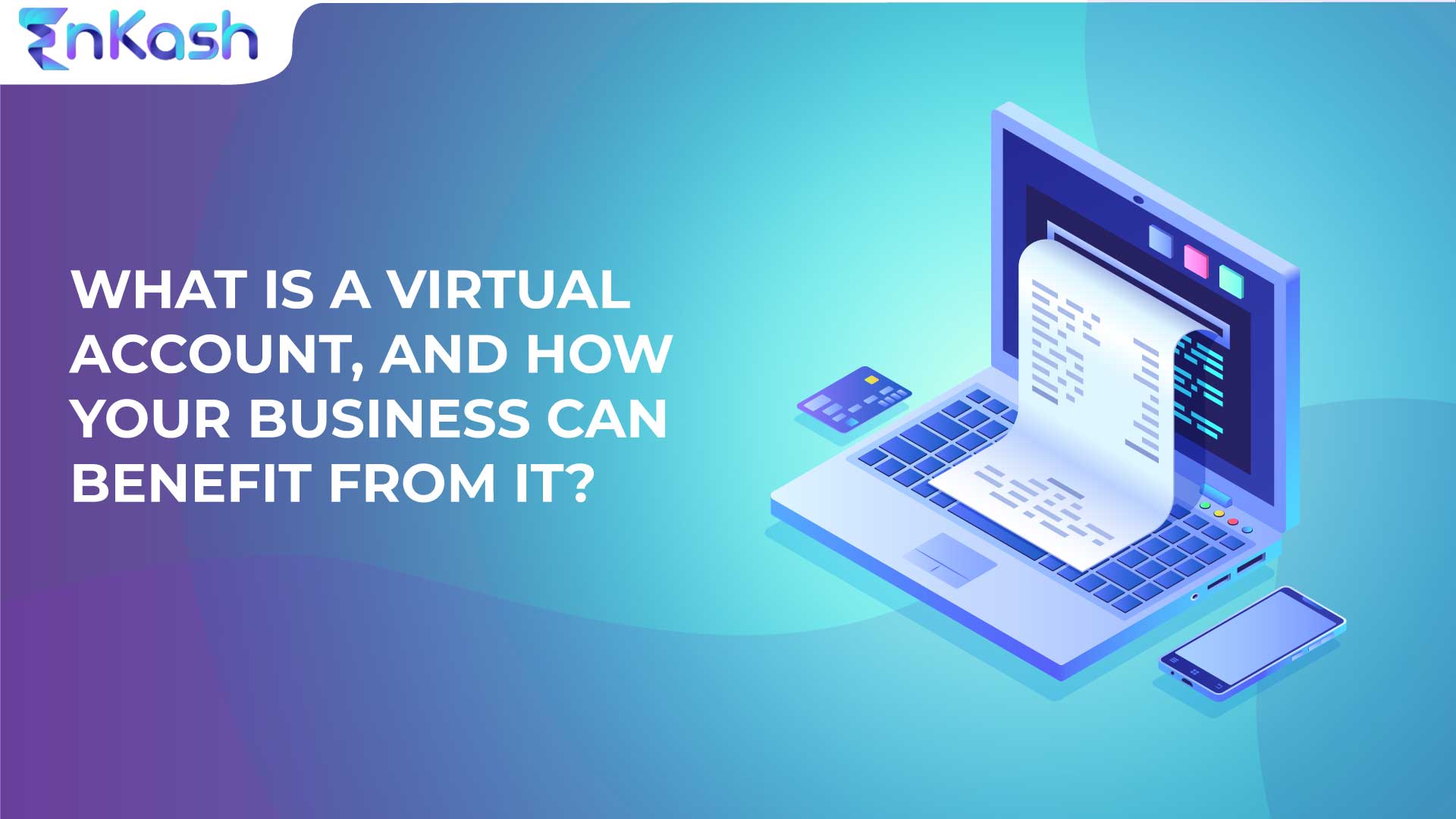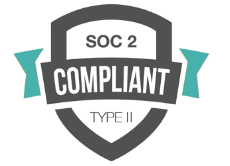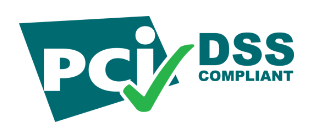Virtual Accounts
Make business collections
faster and easier with
Virtual Account
Receive funds via multiple payment modes seamlessly and simplify the reconciliation process by mapping collections with invoices in real time.
Enables payment collection with real-time reconciliation

Unique Account Numbers

Real-Time Reconciliation
Easy Activation Control
Ensure Timely Collections With
Virtual Account
Instant Payment Collection
Accurate Reconciliation in Real-Time
Access Centralized Dashboard
Quick Activation & Deactivation
Settle Funds Easily
Receive KYC Approved Payments
Check out other payment products at
EnKash
Use virtual accounts to simplify
business collection processes
How does it work?

1/3


Create:
Sign up on EnKash and create a virtual account for your business.
Learn how Virtual Accounts will change the way you approach collections and receivables!
Read Blogs

Open a Virtual Bank Account for Business and Manage Expense Better
Dec 26, 2022
Virtual bank accounts have been in high demand for the past couple of decades, offering unique advantages to users compared to traditional bank accounts. Open a virtual bank...
Read More

What Is a Virtual Account, and How Your Business Can Benefit from It?
Jan 27, 2023
Virtual banking has penetrated the large-scale sector, and every small-scale and medium-scale business is also moving towards virtual banking. Virtual bank accounts are trending because of...
Read More

Learn How Virtual Accounts Can Benefit Your Business
Jan 09, 2023
Virtual account allows businesses to initiate seamless financial transactions and maintain track records. Various large, medium, and small-scale businesses are shifting towards...
Read More
Got Questions?
Don't worry! Our FAQs section will help you learn about instant settlements in detail
What is a virtual account?
A virtual account is a digital account created to simplify the financial processes of businesses.Similar to bank accounts, virtual accounts are mostly used in payment collection from customers.
Every customer is given a unique virtual account number as and when their virtual account is created.As soon as they make a payment, the funds are routed to the company's actual bank account associated with that virtual account.
What is the difference between a bank account and a virtual account?
A virtual account is different from a traditional bank account. It is a financial tool used by banks, fintechs, and businesses to manage their funds and transactions. A virtual account doesn’t have a closing balance like it is in the case of a bank account. Businesses use virtual accounts to segregate funds, simplify reconciliation, and improve cash flow management.
Virtual accounts cannot work in isolation. They are linked to a bank account to receive funds, collect information and pass it to the bank account.
Virtual accounts cannot work in isolation. They are linked to a bank account to receive funds, collect information and pass it to the bank account.
Who is eligible to open a virtual bank account in India?
Someone willing to open a virtual bank account for business needs to have a registered business or meet the defined transactional value. It is necessary to do a KYC to have a virtual account.
What are the benefits of a virtual account?
There are many advantages that virtual accounts offer, including ease of use, the ability to offer better customer service, real-time updating of their accounts with the payments received, prevention of fraud, and, most important of all, how traceable virtual accounts are to specific customer accounts and their payments.
How virtual account will benefit my business?
With virtual accounts, businesses can manage payments received from customers easily. The enterprises will know when a customer has delayed their payment, allowing them to intensify their collection efforts. Virtual account management ensures that the finance team spends less time on mundane and repetitive tasks and focuses more on growth. Virtual accounts ease the process of receivables.
Does the virtual account module help improve the finance team’s performance? If yes, how?
Yes, it does. With virtual accounts being tagged to each customer account, the tracking of payments received and the reconciliation process that follows becomes much easier. The finance team spends less time tracing which payments belong to which customer account and can support the sales team.
What is the need for a virtual account?
Businesses need virtual accounts to:
Manage multiple transactions and simplify cash management using a centralized platform like EnKash
Track and monitor payables and receivables in real time
Eliminate manual processes and reduce both time and effort
Make the reconciliation process easier for incoming payments with unique virtual account numbers
Fasten up the transaction process with instant fund allocation
How to create a virtual bank account?
To create a virtual bank account, businesses need to connect with a bank or a fintech like EnKash and submit their documents for verification and onboarding. As soon as the onboarding is completed, the virtual account will be set up with a unique virtual account number.
Seeking further understanding about e-NACH? Explore the Comprehensive Guide.
The automated process of collecting funds from customers regularly for monthly subscriptions, loan repayments, utility bills, and insurance premiums with electronic authorization is e-NACH. It helps streamline the payment process by eliminating human interaction and reducing errors, promising timely collections.
Why are virtual accounts essential for my business?
With the creation of virtual accounts, you will find it easier to manage payments you receive from your customers. Since the virtual account will be different for different customers, you will know when a customer has delayed their payment, allowing you to intensify your collection efforts.
Virtual account management ensures your finance team spends less time on mundane and repetitive tasks. Virtual accounts ease the process of receivables.
Does the virtual account module help improve the finance team’s performance? If yes, how?
Yes, it does. With virtual accounts being tagged to each customer account, the tracking of payments received and the reconciliation process that follows becomes much easier. The finance team spends less time tracing which payments belong to which customer account and can support the sales team.
Why should a business consider virtual accounts?
Virtual accounts are essential for any growing business because they help them with the following aspects:
They provide a better customer experience
They help the finance team function with maximum efficiency
Virtual current accounts ensure that you have a complete overview of your funds
Reduce the follow-up efforts and make the accounts receivable process better
Let the finance team focus on more essential tasks like reducing capital costs and more
Virtual accounts help the business to be more prepared to meet audit requirements
You can use virtual accounts to ensure that transactions are secure and prevents frauds
Creation of reports around DSO and the state of accounts receivables in the company becomes easier
How does the virtual accounts module curb misuse?
With the virtual bank accounts module, it becomes easier to track which customers are habitual late payers and the ones that often mislead you about the payment status. It also ensures that customers who are habitual defaulters do not continue to avail goods or services on credit terms. It removes the personal bias factor when it comes to deciding on credit terms for customers.
 x
xSeeking further understanding of virtual accounts?
Virtual accounts basically function as an electronically usable payment and collection instrument, which can be formed as a subset of your core bank account. A virtual account contains a series of unique sets of codes that in most instances are numerical.




